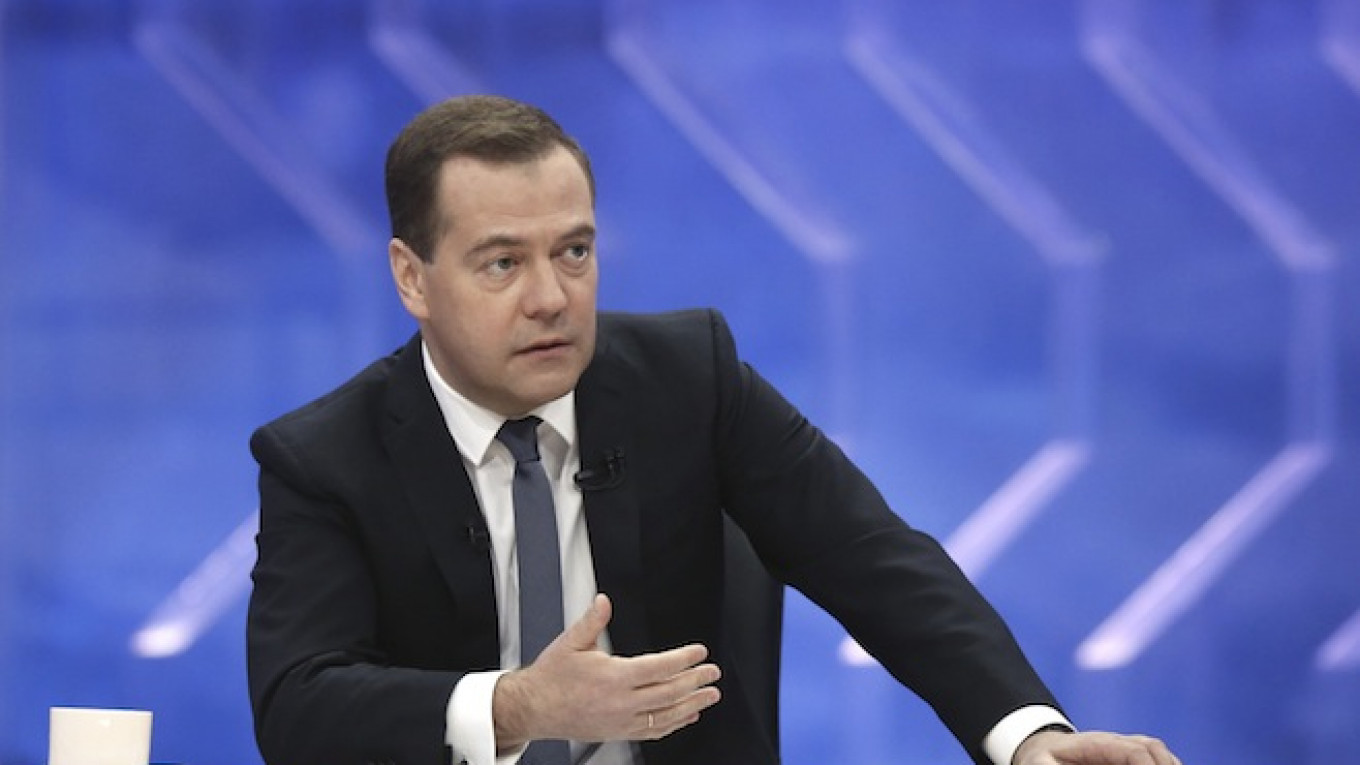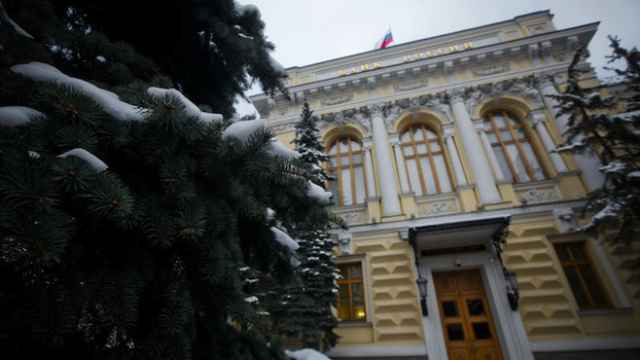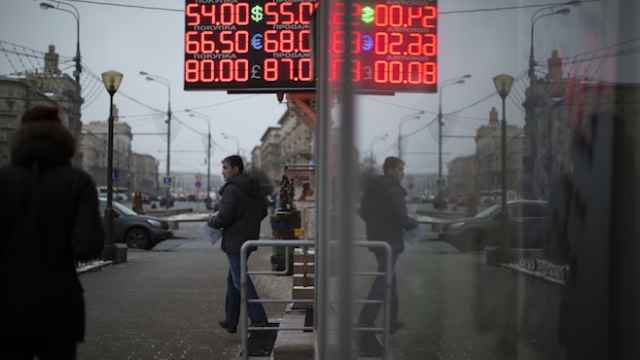In a sober assessment of an economy edging towards recession, Medvedev said Russia should reduce its reliance on energy exports, which makes it vulnerable to falls in the global price of oil.
But he said Russia still had options, such as its companies and banks turning to Asia for funds and boosting domestic production to reduce dependence on imports, and added that history proved sanctions could not hold back a country for long.
The weakening of the ruble "has a certain impact on the budget, on how it balances and for a number of other reasons too, but nevertheless ... a substantial weakening of the ruble is not advantageous for the state and the economy," Medvedev said in the interview with Russian television channels.
The ruble has fallen around 40 percent against the dollar since June, fueling inflation and hitting gross domestic product.
Asked about the impact of the Western sanctions, Medvedev said: "Our economy, probably, has lost tens of billions of dollars."
Echoing President Vladimir Putin, he said sanctions hurt not only Russia, but also those who imposed them.
The prime minister, who was president for four years until Putin's return to the Kremlin in 2012, said there were tough times ahead. But he underlined that all Russians, including officials, were in the same position.
He said he held his money in rubles as he was paid in rubles — a sensitive topic as the sinking currency prompts Russians to change their money into hard currency.
Asked whether officials had access to luxuries that others could not buy as often happened in Soviet times, Medvedev said there was no preferential treatment.
"As for the government canteen, in no way does it differ from any other canteen," he said.
"In Soviet times it had discount prices, special food products. But there is no such thing anymore; no oysters, nothing that would not be available in other places."
A Message from The Moscow Times:
Dear readers,
We are facing unprecedented challenges. Russia's Prosecutor General's Office has designated The Moscow Times as an "undesirable" organization, criminalizing our work and putting our staff at risk of prosecution. This follows our earlier unjust labeling as a "foreign agent."
These actions are direct attempts to silence independent journalism in Russia. The authorities claim our work "discredits the decisions of the Russian leadership." We see things differently: we strive to provide accurate, unbiased reporting on Russia.
We, the journalists of The Moscow Times, refuse to be silenced. But to continue our work, we need your help.
Your support, no matter how small, makes a world of difference. If you can, please support us monthly starting from just $2. It's quick to set up, and every contribution makes a significant impact.
By supporting The Moscow Times, you're defending open, independent journalism in the face of repression. Thank you for standing with us.
Remind me later.






